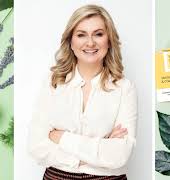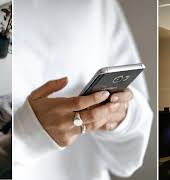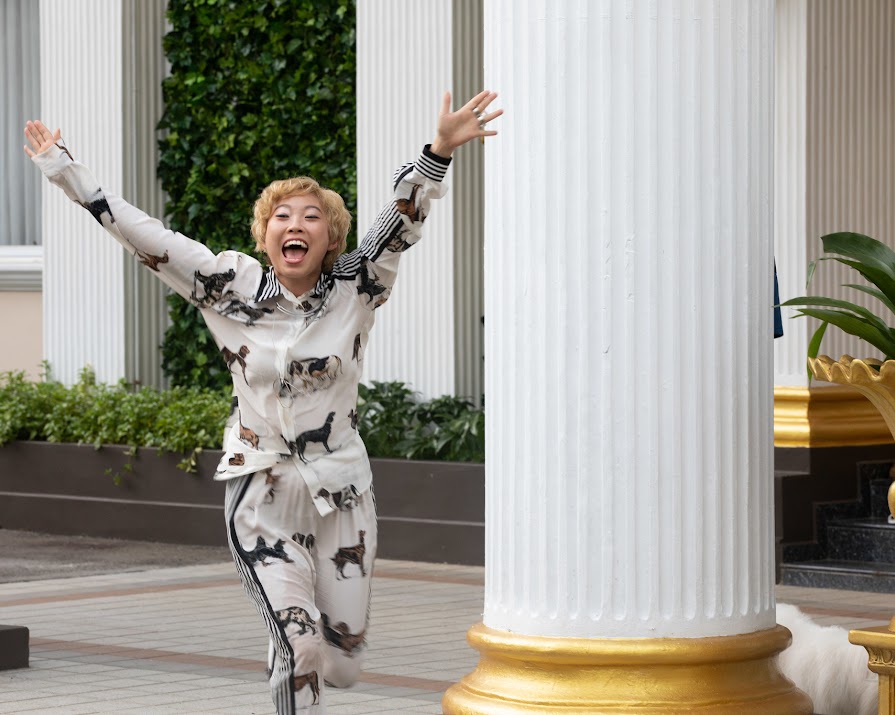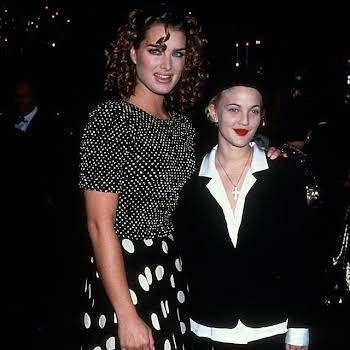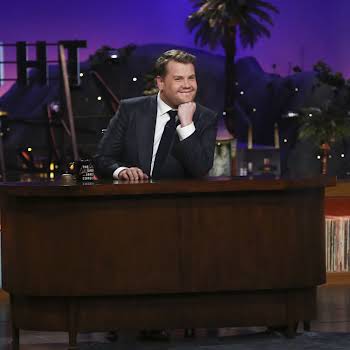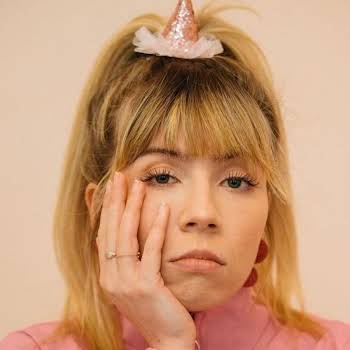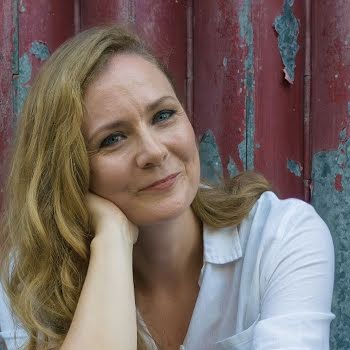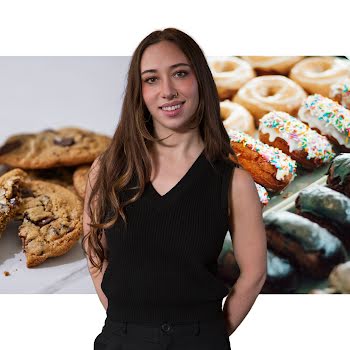‘Crazy Rich Asians’ star Awkwafina quits Twitter amidst cultural appropriation criticism
By Sarah Finnan
07th Feb 2022
07th Feb 2022
Actor and comedian Awkwafina has officially retired from Twitter after sharing a statement addressing public criticism of cultural appropriation.
First rising to prominence back in 2012 when her rap song “My Vag” became popular on YouTube, Awkwafina has established herself as somewhat of a household name since then. Going on to release not one, but two, solo albums, she’s also starred in a string of successful movies and TV shows and, in 2018, she became the first Asian woman to host Saturday Night Live in almost 18 years.
One newspaper described her as “the breakout star” of the year and her rise to fame only accelerated when Crazy Rich Asians – in which she played Peik Lin Goh – was revealed to be the highest-grossing romantic comedy in over a decade.
awkwafina won't do accents but will drop rap songs in a "blaccent" and won't apologize for using it for fame. got it
that's an interesting word choice there. "minstrel" https://t.co/3EASUbgWvf
— Mia Tsai (@itsamia) August 16, 2021
As The Washington Post points out, Awkwafina, whose real name is Nora Lum, broke into the mainstream during a pivotal moment for Asian Americans in Hollywood. The industry was just beginning to reckon with the importance of representation and inclusion, and her brash public persona meant that it would be hard to ignore her.
Awkwafina has long divided opinions though. Initially, that was down to her songs, which are filled with unapologetic profanities. But weightier criticism of the actress has since come out, with many accusing her of cultural appropriation and using a “blaccent” or African American Vernacular English (AAVE) in her music and on screen, most notably in Ocean’s 8 and Crazy Rich Asians.
Up until recently, the Crazy Rich Asians star had remained decidedly silent on the topic – though The Hollywood Reporter claims that she offered a brief response to a question about her use of AAVE in September 2021, noting that she was “open to the conversation” and describing it as “a little bit multi-faceted and layered”. Publicly addressing the backlash in a lengthy statement shared to Twitter, the actress acknowledged that the sociopolitical and “historical context of the African American community” in the US is one that has been “disproportionately affected by institutionalised policies and law enforcement policies”.
1. Not one word of this is an apology for making a mockery of Black people and Black culture.
2. What the hell is "immigrant acculturation"?
3. I need people to stop making these kinds of half-assed statements during Black History Month. 28 days ain't enough for this foolishness https://t.co/bA8ctMZlUT— Carolyn Hinds ?? #FreePalestine #CongoInCrisis (@CarrieCnh12) February 5, 2022
“In life, linguistic acculturation, immigrant acculturation, and the inevitable passage of globalised internet slang all play a factor in the fine line between offense and pop culture,” she wrote. “But as a non-black POC, I stand by the fact that I will always listen and work tirelessly to understand the history and context of AAVE, what is deemed appropriate or backwards toward the progress of ANY and EVERY marginalised group,” she continued.
“But I must emphasise: To mock, belittle, or to be unkind in any way possible at the expense of others is: Simply. Not. My. Nature. It never has, and it never was.”
Going on to explain that her “immigrant background” allowed her to “carve an American identity” off a number of factors, those ranged from the movies and TV shows she watched, to the children she went to public school with and her “undying love and respect for hip hop”. “I think as a group, Asian Americans are still trying to figure out what that journey means for them – what is correct and where they don’t belong,” she added.
“Though I’m still learning and doing that personal work, I know for sure that I want to spend the rest of my career doing nothing but uplifting our communities. We do this first by failing, learning, acknowledging, hearing and empathising… and I will continue, tirelessly, to do just that.”
Then confirming that she will be retiring from Twitter for “a few years”, as per her therapist’s advice, the actress finished her statement by extending a heartfelt thank you to fans. “To my fans, thank you for continuing to love and support someone who wishes they could be a better person for you. I apologise if I ever fell short, in anything I did. You’re in my heart always.”
Some have defended Awkwafina in the past, attributing her manner of speaking to both her upbringing in the Forest Hills neighbourhood of Queens and her musical tastes, but many others feel that her comments on the matter are too little too late.
Non Black women like Awkwafina are not “code switching” with their forced stereotypical Blaccents. Their forced stereotypical Blaccents is a form of minstrelsy. If they’re code switching, why do those accents disappear when they’re around their family & friends??
— MEMELAND – RAFFLE NOW!!! (@memelandpttz) August 16, 2021
Conversations about her “blaccent” date back years at this point, and her use of AAVE does seem hypocritical given that she has previously said she would never play a role that required her to put on an accent. “I refuse to do accents,” she told VICE in an interview in January 2020. “I’m not ok with someone writing the Asian experience for an Asian character. I make it very clear, I don’t ever go out for auditions where I feel like I’m making a minstrel out of our people,” she continued. Her statement also only alludes to her own personal use of AAVE and is noticeably lacking any mention of the words “I’m sorry”. In fact, it’s been branded a “non-apology” by a large portion of the internet who also alleges that the actress “code switches” or alternates between varieties of language depending on the situation.
Cultural appropriation creates a fine line between character and caricature though, one that only becomes thinner with this idea of a melting pot community where ideas and culture are melded and remade. However, the fact that it is so often Black culture that’s appropriated, from fashion and hair to music and art, also speaks volumes to the power dynamics at play between cultures and race – specifically in this instance where Awkwafina has seemingly used it to her gain and downplayed it when it was no longer considered to be “of use” to her.




